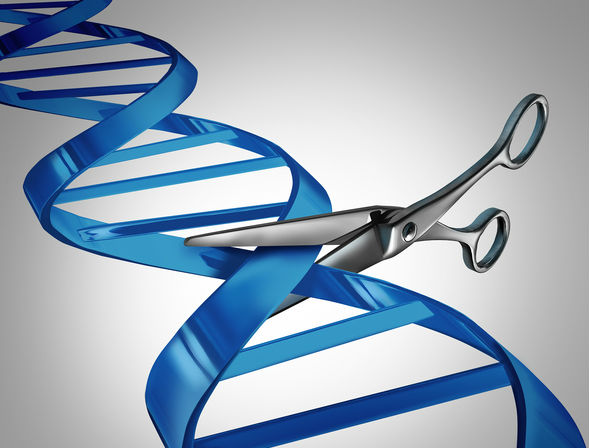
A clinical trial exploring the use of gene-edited cell therapy in cancers has dosed its first two patients.
NPR reported Tuesday that the trial, underway at the University of Pennsylvania, had treated the patients – one with the blood cancer multiple myeloma and another with sarcoma – using T-cell receptor therapies targeted to NY-ESO-1. The Phase I trial is cosponsored by the Parker Institute for Cancer Immunotherapy and Philadelphia-based Tmunity Therapeutics. The Parker Institute, founded by Facebook investor Sean Parker, is one of Tmunity’s financial backers, along with Westlake Village Biopartners, Lilly Asia Ventures, Pingan Ventures, Kleiner Perkins, Be the Match BioTherapies, Gilead Sciences and UPenn.

With the Rise of AI, What IP Disputes in Healthcare Are Likely to Emerge?
Munck Wilson Mandala Partner Greg Howison shared his perspective on some of the legal ramifications around AI, IP, connected devices and the data they generate, in response to emailed questions.
Originally posted on ClinicalTrials.gov in January, the study is designed to enroll 18 patients with multiple myeloma, synovial sarcoma or myxoid/round cell liposarcoma. All those cancers are known to express NY-ESO-1, which is also the target of GlaxoSmithKline’s GSK3377794, a T-cell receptor therapy whose development the British pharmaceutical giant took over from partner Adaptimmune last July.
A search for “CRISPR” turned up 26 studies on the clinical trials database, while narrowing that to “CRISPR/Cas9” turned up 14. Meanwhile, searches for two other gene-editing methods – TALEN and zinc finger nuclease – turned up two and 22 studies, respectively.
One clinical trial program using CRISPR/Cas9 technology currently underway is that of CTX001, a gene-edited therapy under development by Switzerland-based CRISPR Therapeutics and Boston-based Vertex Pharmaceuticals for sickle cell disease and transfusion-dependent beta-thalassemia. The two companies are running Phase I/II studies in each disease, both of which are targeting the recruitment of 45 patients. The sickle cell disease is currently open for recruitment at three centers in the US, while the beta-thalassemia trial is recruiting at three centers in the UK and Germany and one in Canada. The beta-thalassemia study dosed its first patient in February.
The technology has also been the subject of controversy, particularly in the wake of the news in November that a Chinese scientist, Jiankui He, had used CRISPR/Cas9 to gene-edit two embryos to make them resistant to HIV. In January, after the birth of the twin girls, a report emerged that a second woman was also pregnant with a gene-edited child.
Photo: wildpixel, Getty Images














